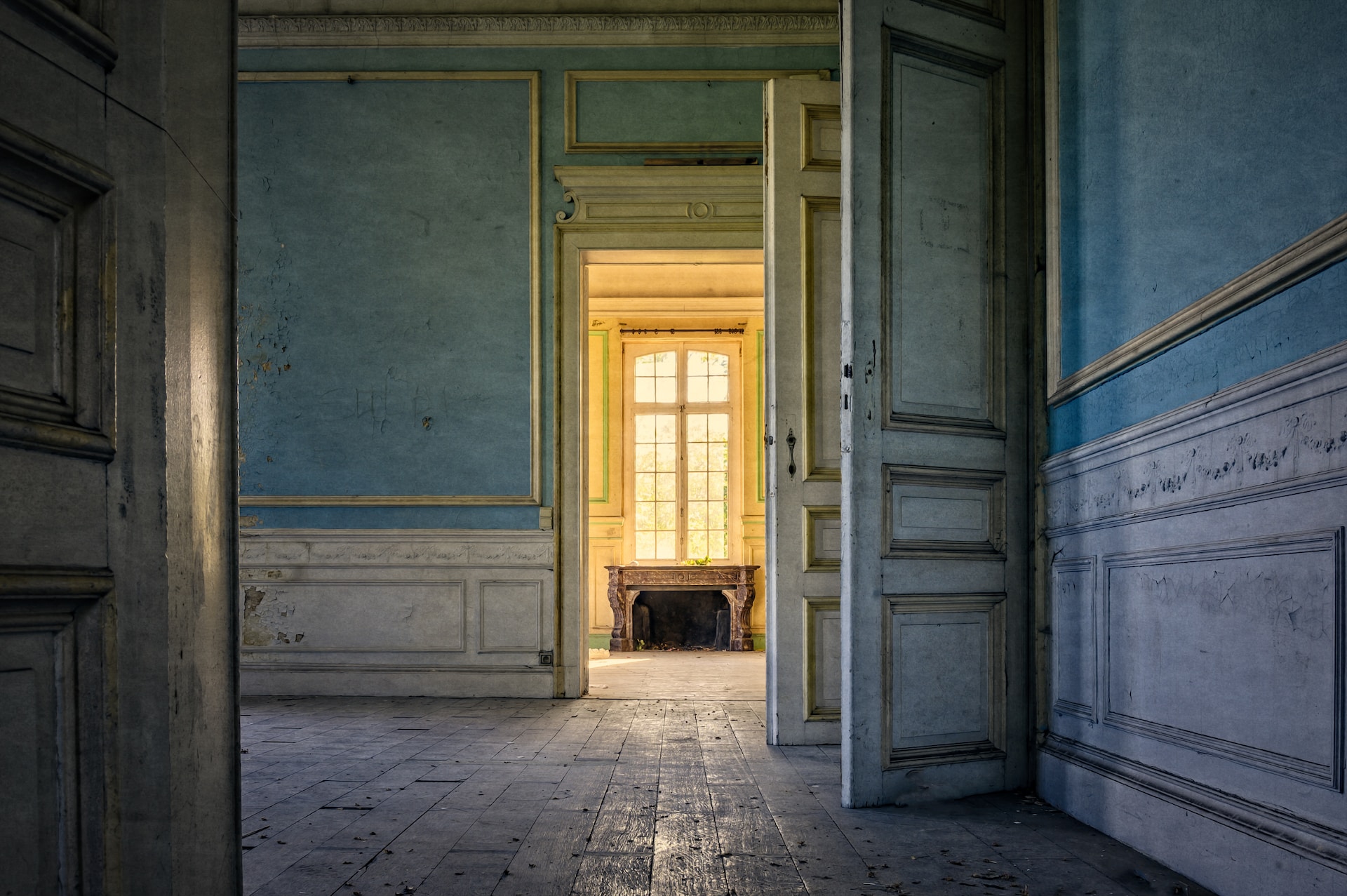In the world of real estate, buying a home often involves making important decisions. One such decision is whether to invest in a fixer-upper property or opt for a move-in ready home. Fixer-uppers can offer unique opportunities, but they also come with their own set of advantages and disadvantages. If you’re considering purchasing a fixer-upper, it’s crucial to carefully evaluate the pros and cons before making a decision. In this blog post, we will explore the advantages and disadvantages of buying a fixer-upper home to help you make an informed choice.
Advantages of Purchasing a Fixer-Upper Home:
1) Lower Purchase Price
One of the significant advantages of buying a fixer-upper is the potential for a lower purchase price compared to move-in ready homes in the same neighborhood. Since these properties require significant repairs or renovations, sellers often price them accordingly, allowing you to save money upfront.
2) Personalization and Creative Freedom
When you purchase a fixer-upper, you have the opportunity to personalize the property according to your tastes and preferences. From selecting the paint colors to choosing the fixtures and finishes, you can transform the house into your dream home, tailored to your unique style.
3) Potential for Increased Equity
Fixer-uppers have the potential for higher returns on investment. By putting in the necessary time, effort, and money to improve the property, you can increase its market value. Renovations and upgrades can help you build equity in the home, making it a valuable asset in the long run.
Disadvantages of Purchasing a Fixer-Upper Home:
1) Extensive Renovation Costs
Undoubtedly, renovating a fixer-upper can be costly. From plumbing and electrical work to structural repairs, the expenses can add up quickly. It’s essential to thoroughly assess the property’s condition and create a detailed budget before committing to the purchase to ensure you have the financial means to complete the necessary renovations.
2) Time and Effort
Renovating a fixer-upper requires a significant investment of time and effort. Depending on the extent of the repairs, it may take months or even years to complete the renovations. This can be overwhelming, especially if you have limited experience with construction or a busy schedule.
3) Unexpected Issues
When dealing with older properties, there’s always a chance of encountering unexpected problems during the renovation process. These issues could range from hidden structural damage to outdated wiring or plumbing, leading to additional expenses and delays.
Purchasing a fixer-upper home is a decision that requires careful consideration. While the prospect of a lower purchase price, personalization, and potential equity growth can be enticing, it’s important to be realistic about the challenges involved. Extensive renovation costs, time commitment, and the possibility of unexpected issues are all factors to weigh before making your choice.
If you have the necessary resources, skills, and patience, buying a fixer-upper can be a rewarding endeavor. However, if you prefer a move-in ready home or lack the time and expertise for renovations, it may be wiser to explore other options.
Remember, whether you choose a fixer-upper or a ready-to-move-in home, it’s always essential to work with a trusted real estate agent who can guide you through the process and help you make an informed decision based on your specific needs and circumstances.
If you’re considering purchasing a fixer-upper or have any real estate questions, don’t hesitate to reach out to our experienced team of real estate professionals. We’re here to assist you in finding the perfect home that aligns with your goals and preferences. Contact us today to start your real estate journey!


